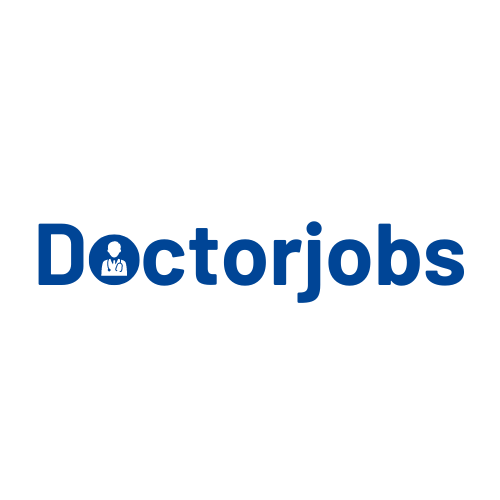Top 10 Tips for Writing an Effective Healthcare Resume
In the competitive field of healthcare, having a standout resume is essential to securing your dream job. Your resume is often the first impression you make on potential employers, so it’s crucial to present yourself as the ideal candidate. Here are the top 10 tips to help you craft an effective healthcare resume that will capture the attention of hiring managers and get you one step closer to your career goals.
1. Tailor Your Resume to the Job
Generic resumes rarely make it to the top of the pile. Tailor your resume to each specific job by highlighting the skills and experiences most relevant to the position. Carefully read the job description and make sure your resume reflects the qualifications and competencies the employer is looking for.
2. Highlight Relevant Experience
When listing your work experience, focus on roles that are directly related to the healthcare position you’re applying for. Detail your responsibilities and achievements in these roles, using bullet points to make the information easy to read. Quantify your accomplishments with numbers wherever possible to demonstrate the impact of your work.
3. Emphasize Key Skills
Healthcare jobs require a diverse set of skills, from clinical expertise to patient care and administrative abilities. Make sure to include a skills section in your resume where you can list both hard and soft skills that are pertinent to the job. Examples might include proficiency in medical software, patient communication, teamwork, and time management.
4. Include Certifications and Education
Your educational background and certifications are critical in the healthcare field. List your degrees, starting with the most recent, and include any relevant certifications. Make sure to mention any continuing education courses or workshops you’ve attended to show your commitment to staying current in the field.
5. Use Action Verbs
Begin each bullet point in your experience section with a strong action verb to convey your responsibilities and achievements. Words like “administered,” “coordinated,” “implemented,” and “managed” are powerful and paint a clear picture of your capabilities.
6. Keep It Concise
While it’s important to include detailed information, your resume should not be overly long. Aim for one to two pages, focusing on the most relevant and recent experiences. Use concise language and avoid unnecessary jargon.
7. Formatting Tips
A well-formatted resume is easier to read and more likely to make a positive impression. Use a clean, professional layout with consistent font sizes and styles. Headings should be bold and slightly larger than the rest of the text. Ensure there is plenty of white space to make the resume look uncluttered.
8. Common Mistakes to Avoid
Avoid common resume pitfalls such as typos, grammatical errors, and incorrect information. Double-check all details, including contact information, job titles, and dates. Ensure consistency in formatting and language.
9. Final Proofreading Tips
Before you submit your resume, proofread it multiple times. It can be helpful to read it out loud or have someone else review it. A fresh set of eyes can catch errors you might have missed.
10. File Naming
Make it easy for the hiring manager to understand who’s CV they are reviewing by putting your name in the file name. This will allow for better organization and ensure the hiring manager does not lose your CV.
Crafting an effective healthcare resume takes time and attention to detail, but the effort is well worth it. By tailoring your resume to the job, highlighting relevant experience and skills, and ensuring it is well-formatted and error-free, you’ll greatly increase your chances of landing that coveted interview. Remember, your resume is your first opportunity to showcase your professionalism and dedication to the healthcare field—make it count!

